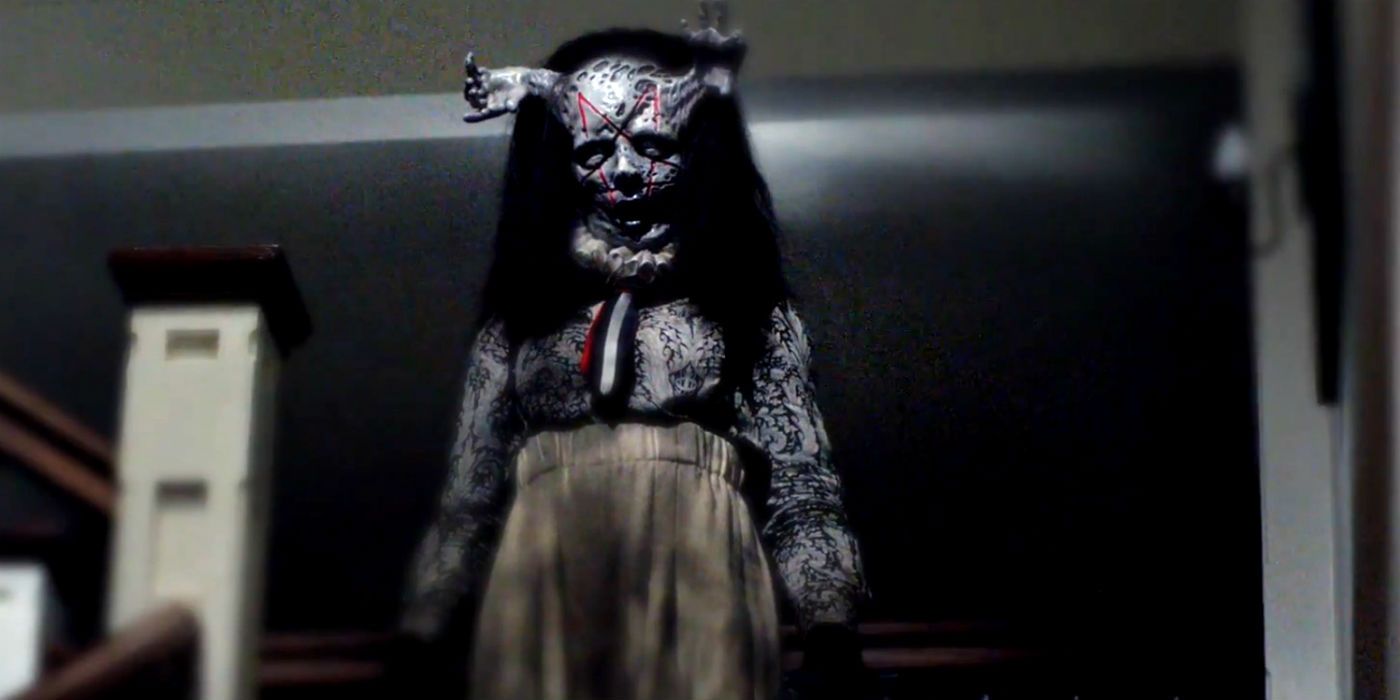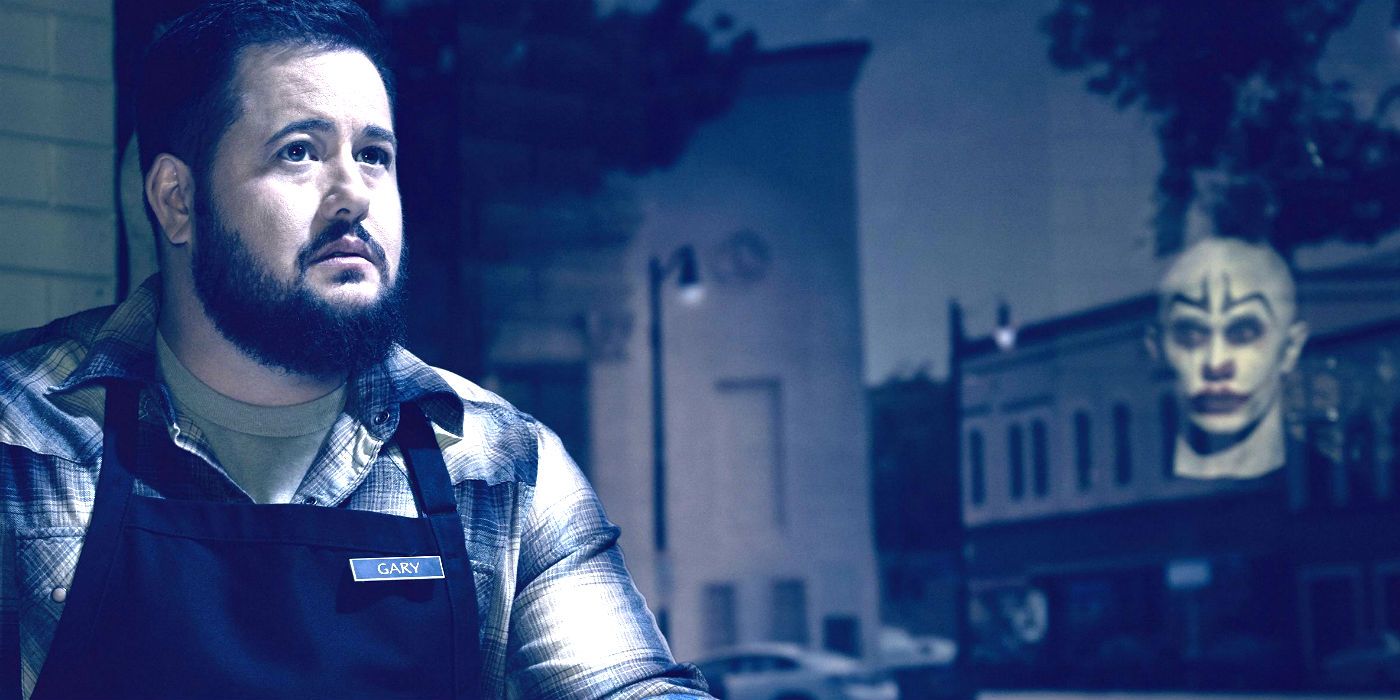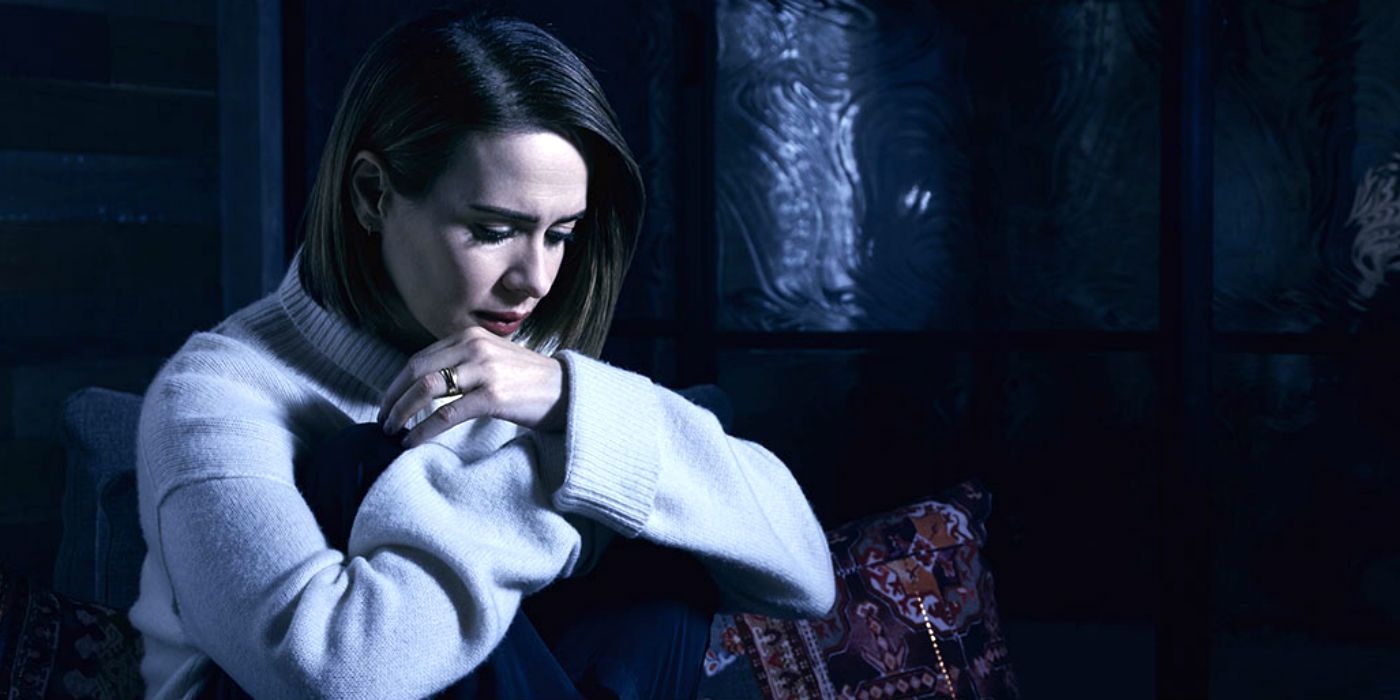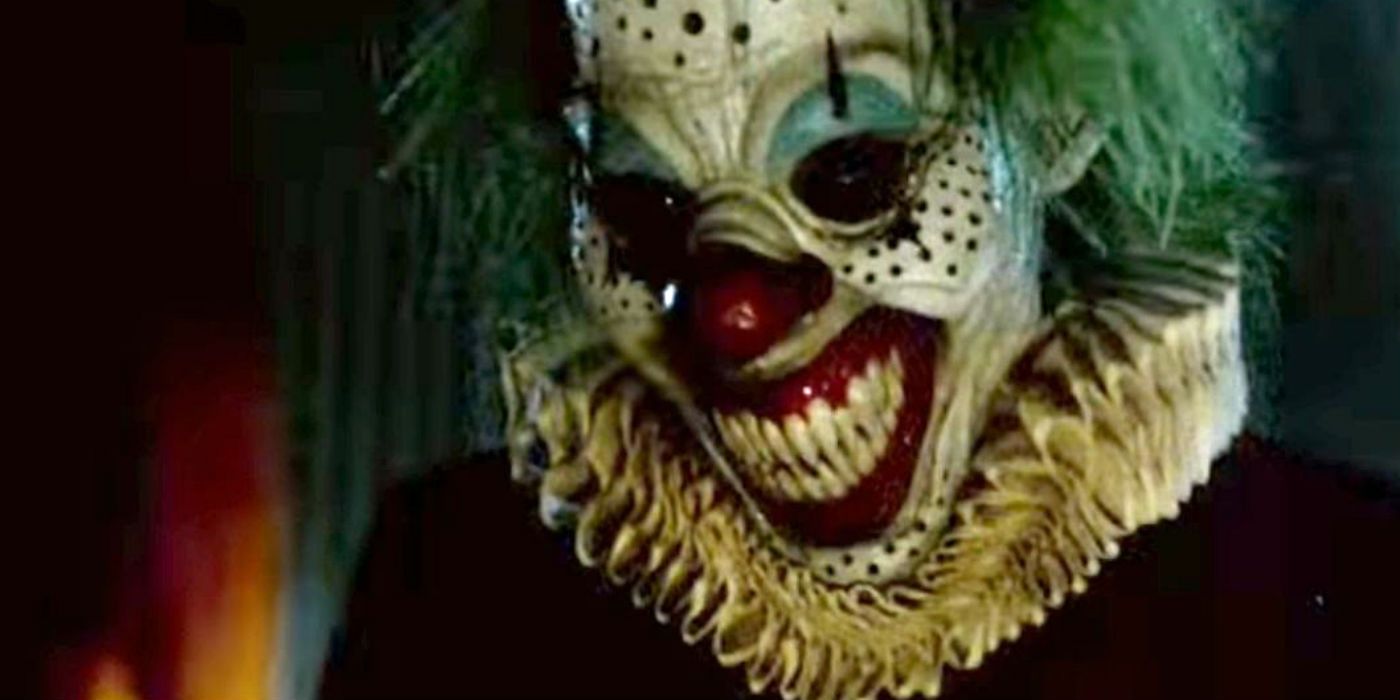American Horror Story: Cult is the show's seventh season, and its awkward pacing, convoluted premise, and excessively featured roles by two prominent actors made it one of the series' overall weakest installments.
Premiering in 2017, just under a year after the historic 2016 American Presidential Election (which was the backbone of the season's premise), Cult explored more than a few topics during its eleven episode arc. Some of its storylines featured coulrophobia (fear of clowns), notorious cult leaders in history, politics, and wariness of the 'other' which coincides with the subsequent paranoia that is commonly associated with irrational fear.
Creator Ryan Murphy broke the news about this show's initially intriguing concept early when he said he was going to make a character based on Donald Trump. Later, he retracted his statement and promised to make a season that could be enjoyed by people who supported either candidate in the election and affiliate with either party, and said instead that the show was based on the divide in the United States and would highlight the alienation Americans have felt in recent years.
Cult's Overall Concept Was Too Broad
Other seasons of American Horror Story have covered a broad variety of topics within the same season instead of being more centrally-focused and fixated on one particular theme or horror sub-genre. However, part of what made Cult so weak was an identity crisis. It featured too many themes that fought to share the spotlight, so it lacked a cohesive story. It also suffered by touching on issues that were, for many, uncomfortable. Beyond that, Cult's incredibly ambitious, cerebral subject matter required viewers to tap into very realistic fears that may have been too close for comfort.
Also, while not all horror stems from supernatural and unrealistic origins, Cult capitalized on political horror in a way that felt exploitative. Other franchises have been successful with sociological leans to horror, as has been proven by the successful The Purge franchise and films like Get Out. The aforementioned movies look at concepts on a broader scale, such as focusing on a fictional dystopian government instead of real people or focusing on racism as a general theme. One episode of Cult had to be edited for television after the events of the 2017 Las Vegas shooting, as the episode in question featured a hyper-realistic take on a similar event.
Cult Leaned Too Heavily On Specific Actors
The plot featured an excess, but the 'less is more' mentality Murphy applied to his actors didn't work, either. While he lined up a brilliant ensemble cast loaded with AHS alumni, including Mare Winningham, Emma Roberts, Cheyenne Jackson, and Frances Conroy, they were all in minimally featured roles. The only two recurring actors in the main cast of Cult were Sarah Paulson and Evan Peters, who carried the season from start to finish. Sometimes, it felt like Paulson and Peters were the only two actors on the show.
Paulson and Peters, both of whom have been featured in AHS since its inception, are talented actors who are more than capable of handling dynamic, hefty roles but since the show has always juggled multiple storylines, it occasionally became tedious to watch. Peters played seven different roles all on his own.
Even Scary Clowns Couldn't Save Cult
The murderous clown cult who took to terrorizing Cult's primary location, which was a bland fictional suburb in Michigan, was an interesting spin that diverted attention from the political allegory, but it wasn't enough to save Cult. The show's ratings also plummeted, starting at nearly 4 million viewers at the premiere and dropping to a mere 1.97 million by the finale. After episode 9, "Drink the Kool-Aid", critical reception soured and only worsened as Cult reached the finish line.
Murphy deployed his heavily anticipated crossover between Murder House (Season 1) and Coven (Season 3) as the follow-up season, which many fans have interpreted as him asking for forgiveness.




